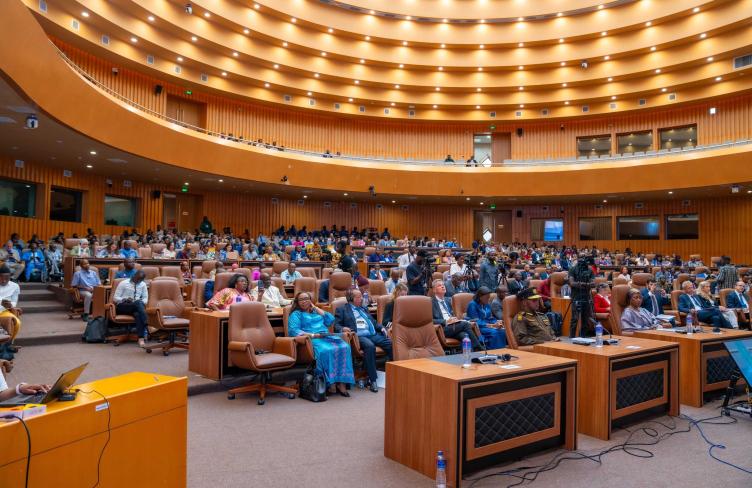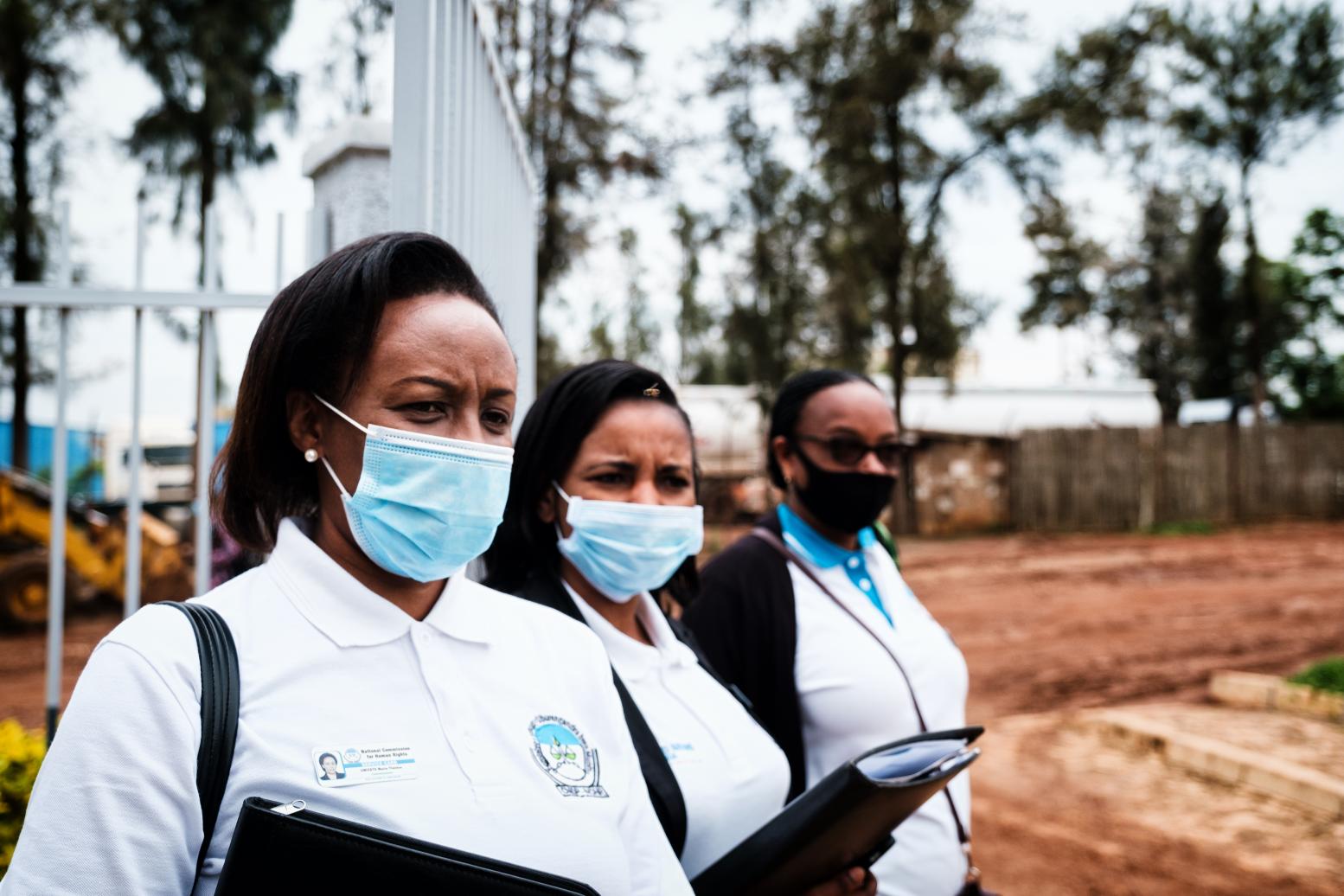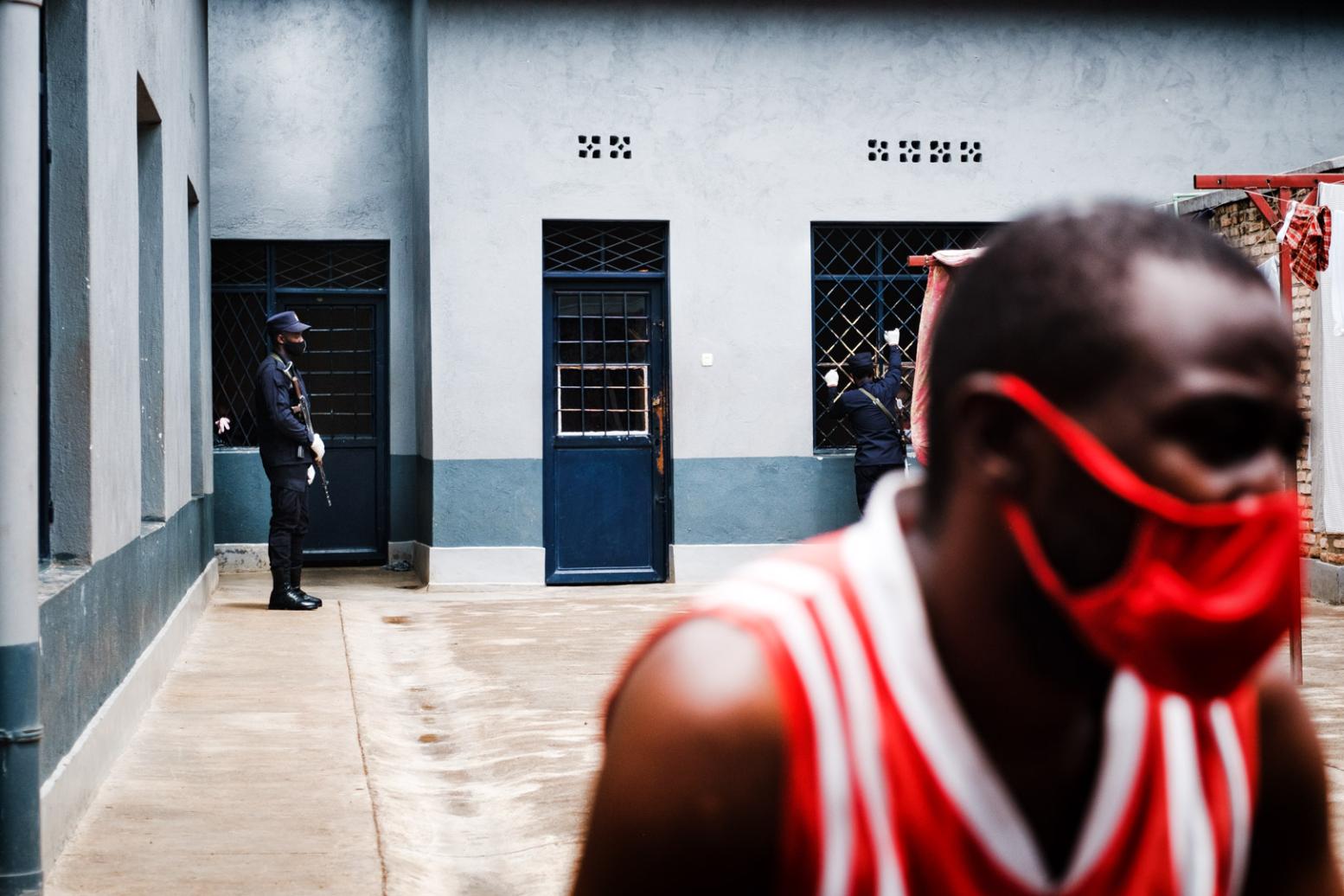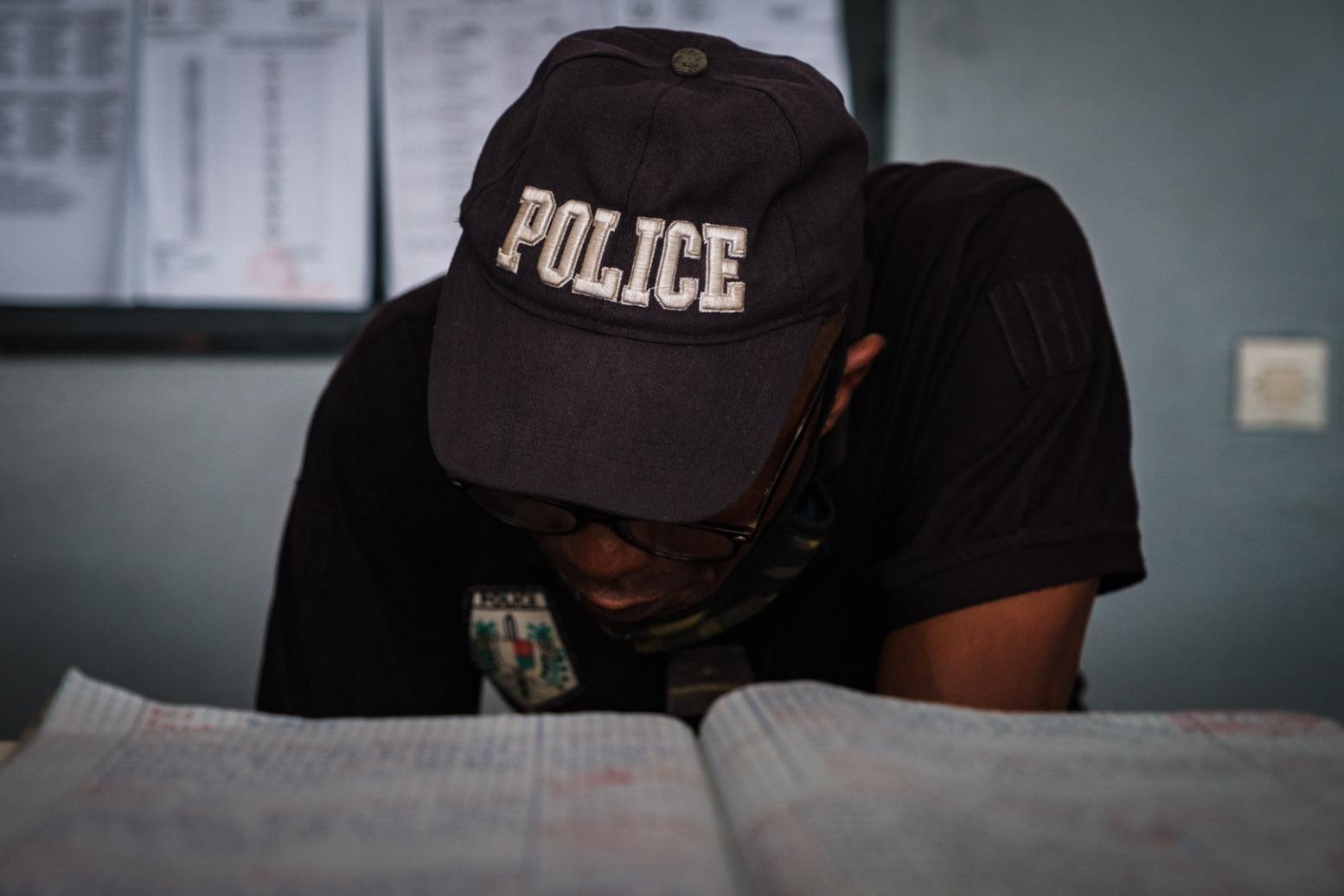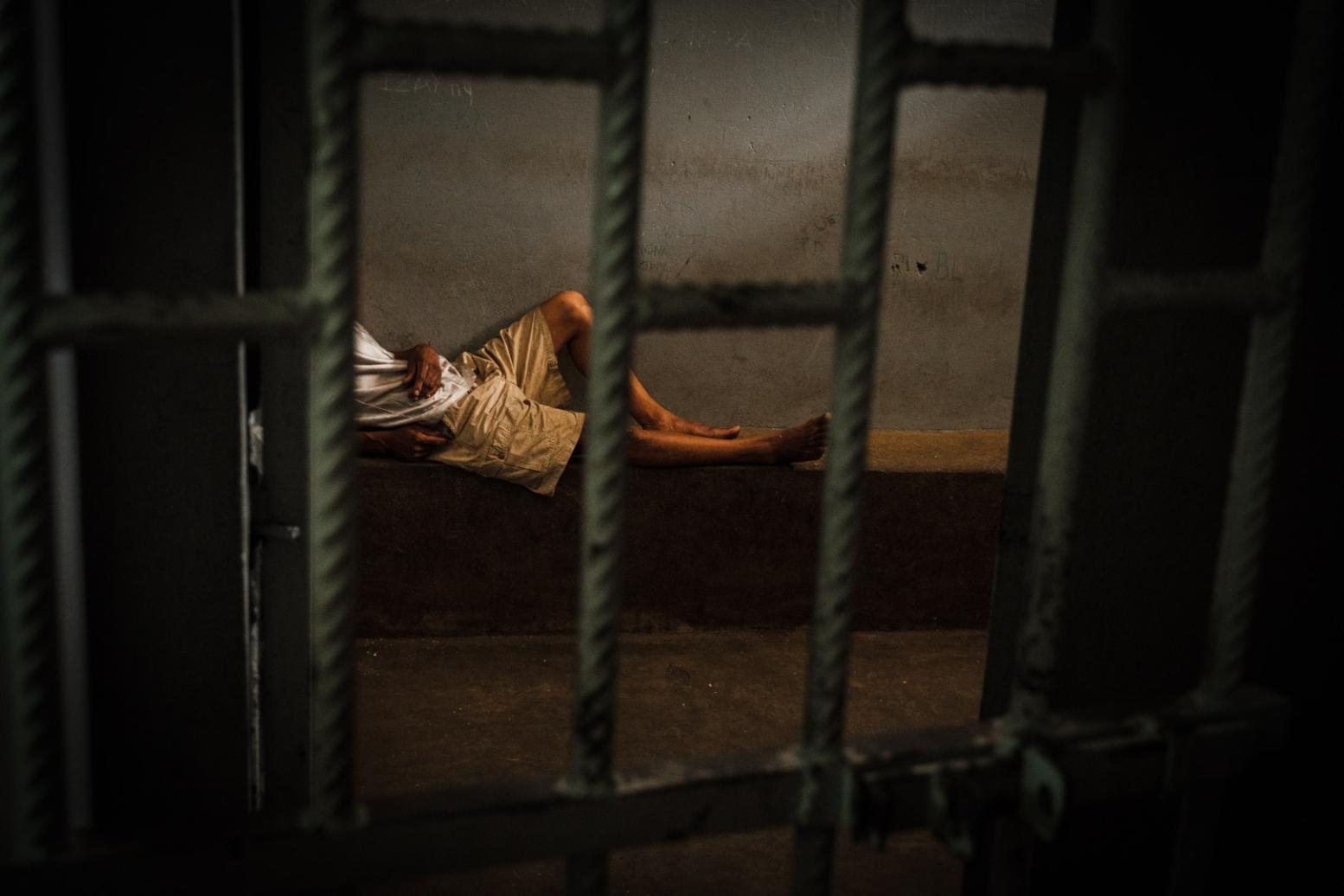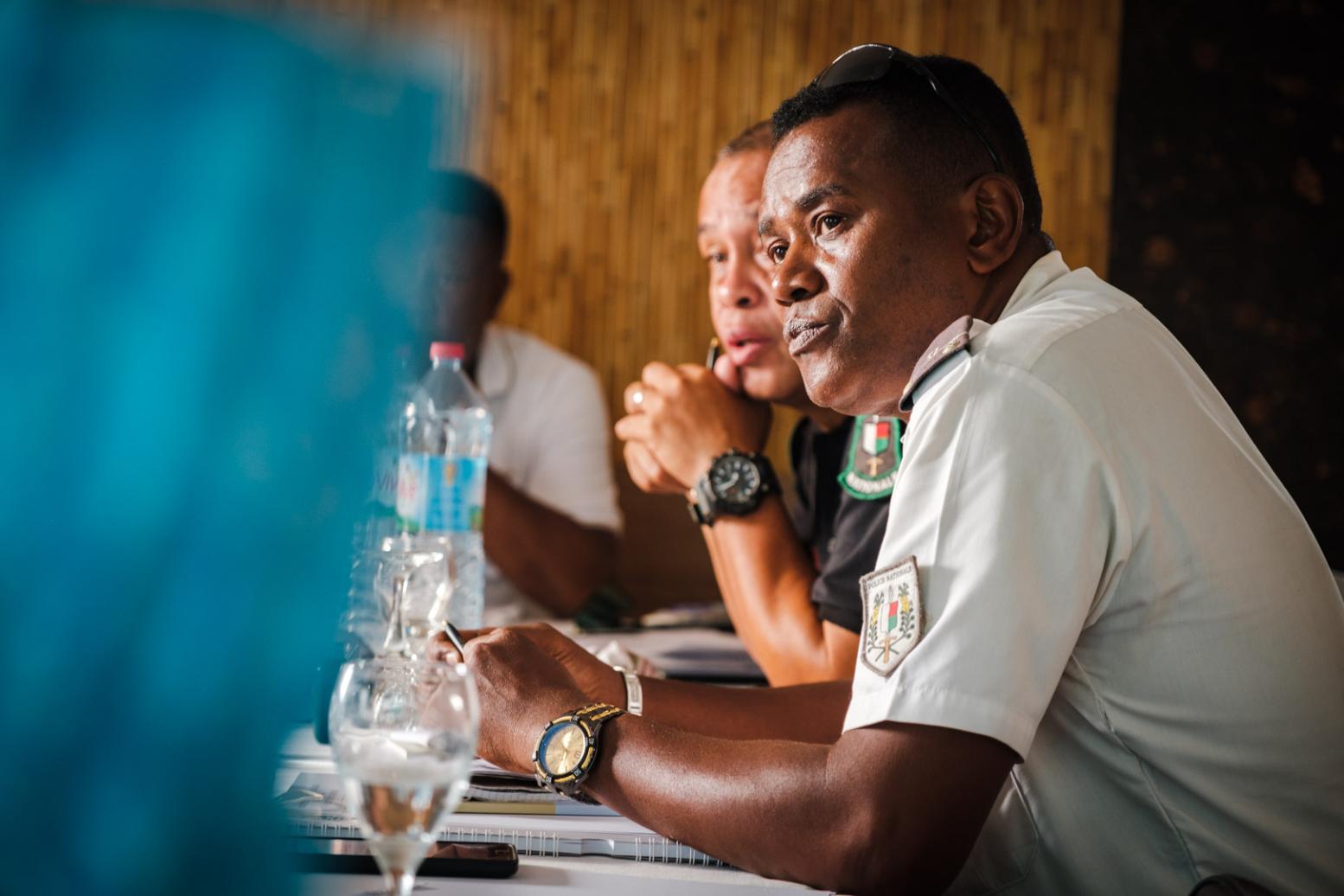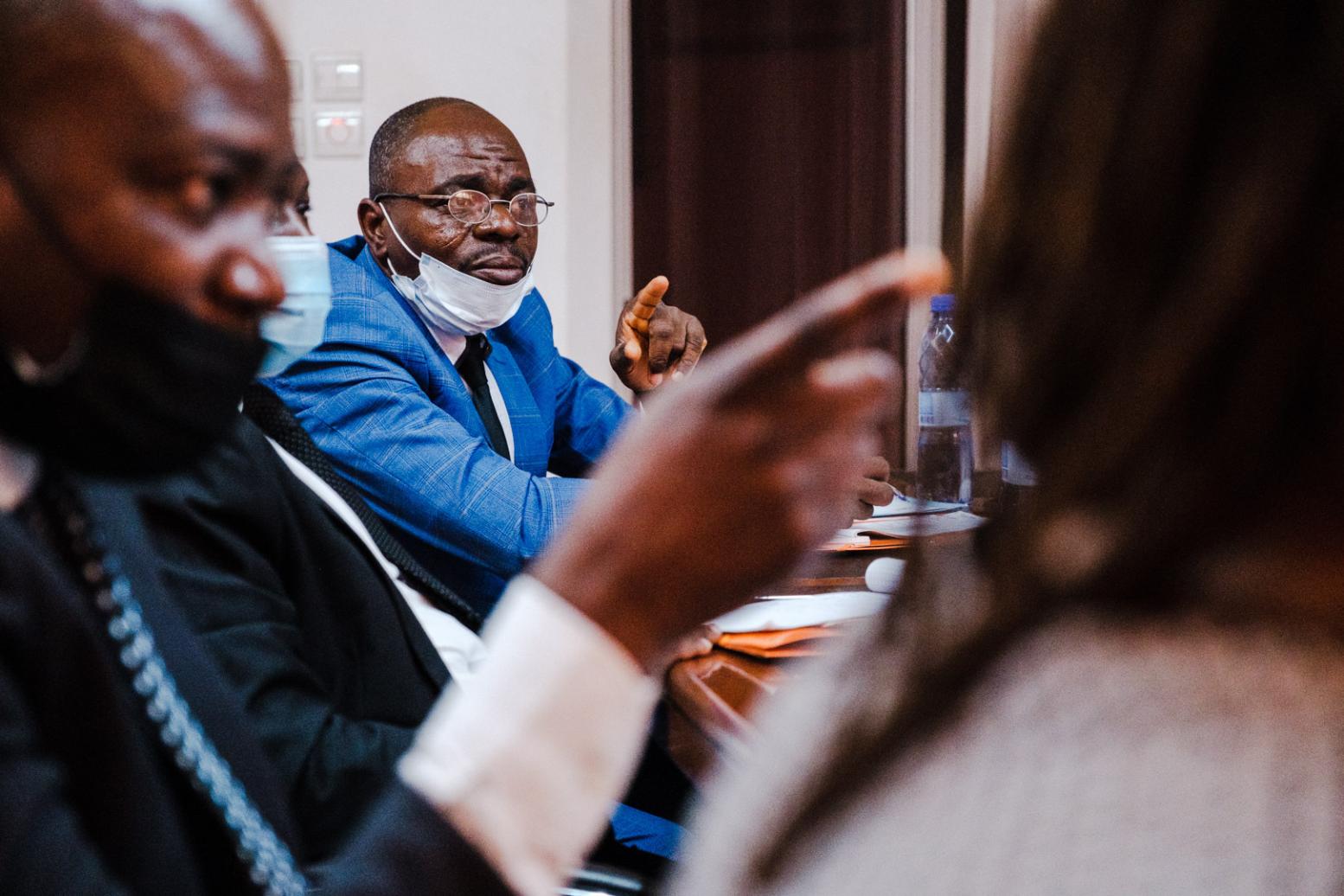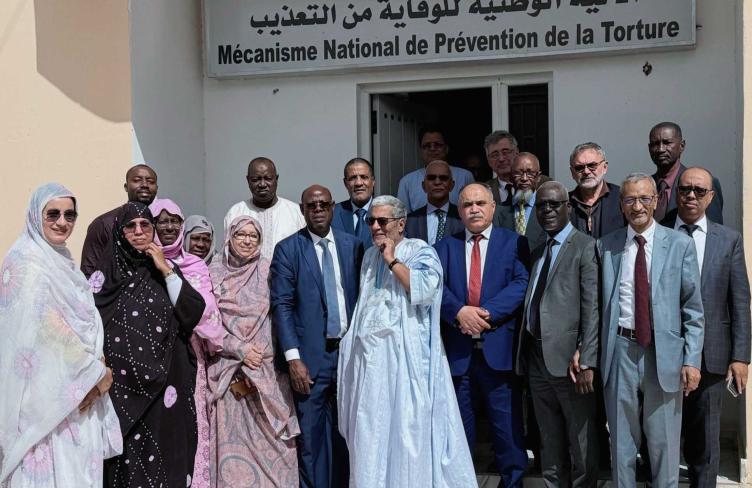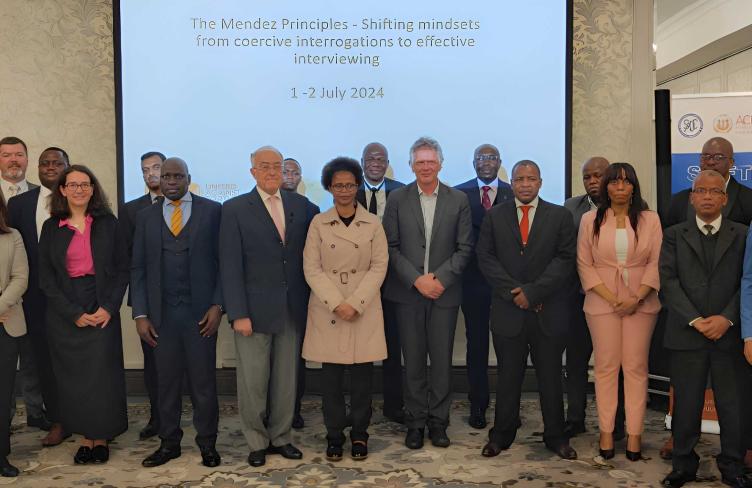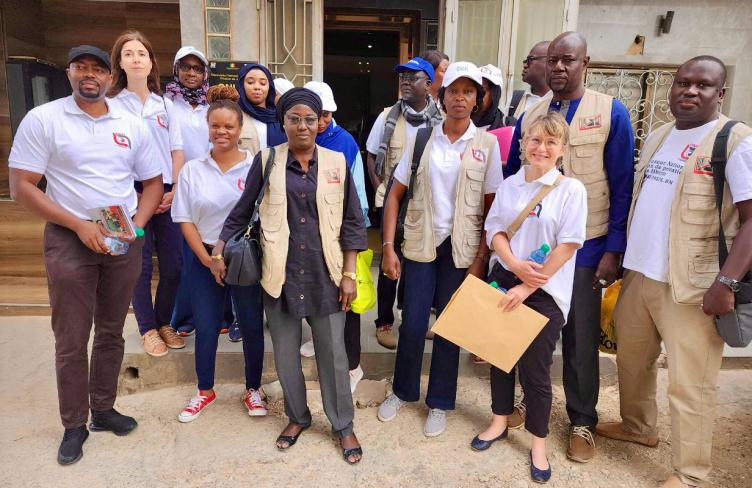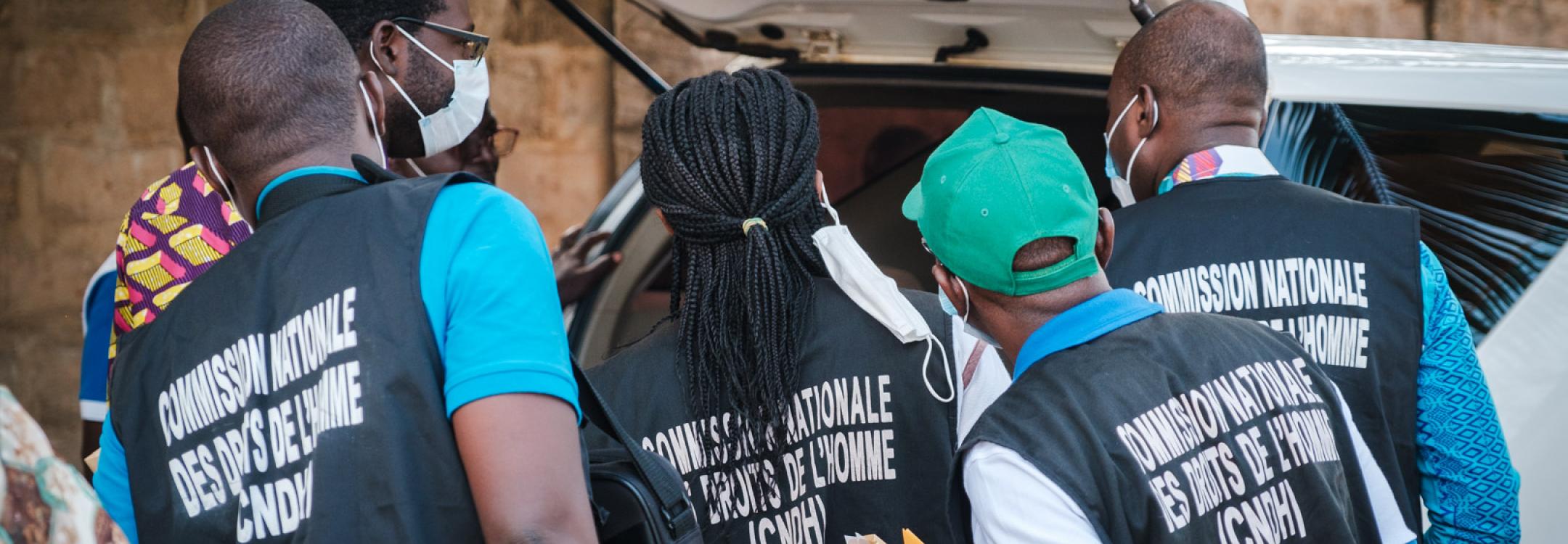
With 54 member States of the African Union, Africa is a large and diverse region with Central, North, West, East and Southern Africa sub-regions.
The African Commission on Human and Peoples’ Rights (ACHPR) plays a leading role in keeping human rights on the agenda, complemented by the African Court on Human Rights. The adoption of the Robben Island Guidelines on the Prohibition and Prevention of Torture in Africa (2002) has been a key milestone in advancing efforts to prevent torture on the continent.
The UN Convention against Torture (UNCAT) is ratified by almost all States in the continent and there are 25 States parties to its Optional Protocol (OPCAT) and another 7 have signed it. There are currently 16 designated National Preventive Mechanisms (NPMs). The APT’s primary focus lies in supporting efforts towards NPM designation and effective functioning. We provide bilateral support to emerging NPMs, as well as supporting regional and peer-to-peer exchanges.
We also support other national actors, including National Human Rights Institutions (NHRIs) and civil society organisations, to advance on the implementation of torture preventive measures, including the criminalisation of torture, strengthening detention safeguards and implementation of the ‘Méndez Principles’ .
Regional activities
The APT supports the work of the ACHPR, particularly its Committee on the Prevention of Torture, which was a significant outcome of our joint work on the Robben Island Guidelines. Our current efforts focus on promoting awareness and implementation of the Méndez Principles across the continent and we welcome the adoption by the ACHPR of a resolution welcoming the Principles.
We welcome and actively support the Network of African NPMs, created in 2023, with its statutes adopted in Cape Town in 2024. We also engage with the Network of African National Human Rights Institutions (NANHRI), as well as the French- and English-speaking networks of NHRIs, in advancing shared goals in the prevention of torture.
We work closely with the Office of the High Commissioner for Human Rights (OHCHR) to advocate for the ratification and implementation of the OPCAT across Africa.
Priority countries
Gabon
Gabon is a new priority country for the APT’s 2025–2028 strategic plan, offering an opportunity to support the establishment of the first National Preventive Mechanism in Central Africa. The November 2024 legislation designating the NPM reflects strong political will and a meaningful commitment to implementing the Optional Protocol to the Convention against Torture (OPCAT).
Despite the 2023 coup, Gabon has remained relatively stable, and the government has demonstrated continued engagement in international human rights processes. Local civil society organisations such as SOS Prisonniers Gabon and La Voix des Oubliés are actively involved in torture prevention and are ready partners for collaboration. Gabon’s designation as a priority country by the OHCHR Regional Bureau for Central Africa further enhances alignment with international efforts.
Establishing a credible and functional NPM in Gabon could serve as a model for the region, catalysing OPCAT implementation in neighbouring countries. This alignment of political will, civil society engagement, and international support offers a powerful opportunity for APT to advance its three strategic goals holistically.
Madagascar
APT’s engagement in Madagascar dates back to its ratification of the UN Convention Against Torture in 2005. Since 2017, when Madagascar ratified OPCAT, APT’s focus has shifted to securing fundamental rights for individuals deprived of liberty, particularly those in police custody.
APT has supported the National Preventive Mechanism since its 2019 designation and has helped integrate it into the structure of the National Human Rights Institution. Though the NPM only began operating in 2023 due to resource limitations, it has since made steady progress, with the support of the APT in areas such as training in monitoring the deprivation of liberty.
Pursuant to our strategic goal to ensure dignity and fairness in the criminal justice system, APT is supporting Madagascar’s implementation of the Méndez Principles, including their integration into police cadet training. APT will also assist in the adoption of police station registers and engage in legislative reform efforts to align the definition of torture with UNCAT standards. The safety and protection of people at heightened risk will be advanced through thematic work, particularly on the rights of women in detention. Partnerships with civil society organisations like ACAT Madagascar, and regional collaboration with the Mauritius NPM, strengthen this work, and enables impactful, holistic engagement.
Senegal
Senegal’s strong alignment with all three strategic goals makes it a cornerstone of APT’s 2025–2028 engagement in West Africa.
Senegal’s 2024 national dialogue on justice reform highlighted urgent priorities: prison overcrowding, inadequate healthcare and support for mental health in detention, and under-resourced facilities. A number of these issues were also highlighted by the UN Special Rapporteur following her visit to Senegal in 2025. With its regional presence in Dakar, APT is well placed to support policy development and assessments in these areas.
Senegal has also expressed interest in implementing the Méndez Principles , while the National Preventive Mechanism has requested APT’s support in improving its reporting and ability to issue impactful recommendations in accordance with its role under the OPCAT. The NPM contributed significantly to APT’s Global Report on Women in Prison, opening up opportunities to continue to work for the safety and protection of people at heightened risk.
Following electoral tensions in 2023–2024, Senegal’s return to political stability and strong government backing - evidenced by the President’s first reception of the NPM - create favourable conditions to prevention work. Senegal serves as a platform for other key international organisations such as OHCHR, while collaborations with organisations such as Amnesty International, ACAT/FIACAT, Embassies and other international actors like OHCHR and UNODC further strengthen our engagement.
South Africa
South Africa remains a strategic priority for 2025–2028 due to its robust institutional framework and capacity to drive regional progress across all three APT strategic goals. In 2024, the South African Human Rights Commission (SAHRC) was formally designated as the National Preventive Mechanism, opening an important opportunity for APT to support its operationalisation.
Building on long-standing collaboration with South African Human Rights Commission (SAHRC) and African Policing Civilian Oversight Forum (APCOF) , APT is supporting implementation of the Méndez Principles in police oversight and training. APCOF’s ongoing police reform work provides a strategic platform for joint action.
The APT’s third strategic goal – the safety and protection of people at heightened risk - is addressed through the NPM’s work on LGBTIQ+ rights in detention - unique in the region. Other thematic priorities include mental health and the rights of women deprived of liberty. South Africa’s vibrant civil society, and partnerships with organisations like APCOF, and other members of the United Against Torture Consortium, such as IRCT and the Omega Research Foundation, enhance implementation.
Despite challenges in resourcing the NPM, South Africa’s relative political stability and hosting of key regional offices such as the Office of the United Nations High Commissioner for Human Rights (OHCHR) Regional Office for Southern Africa offer fertile ground for sustained advocacy and technical engagement. Its leadership can inspire wider OPCAT implementation across the Southern Africa region.
Togo
Togo remains a priority country for APT’s 2025–2028 Strategic Plan due to its demonstrated commitment to torture prevention and steady progress across all strategic goals. The government’s investment in the National Preventive Mechanism, including financial support, a separate office, and independent budget positions Togo as a model for other NHRI-based NPMs.
Togo also offers promising entry points through its ongoing reforms of the criminal code and criminal procedure code. The country also remains the only one in the region where civil society actors have shown sustained, proactive interest in implementing the Méndez Principles - reflecting genuine local ownership.
In regard to people at heightened risk, the focus is on mental health in detention, backed by the government’s 2024–2027 Strategic Plan for Mental Health. In collaboration with the NPM, APT has also undertaken gender-sensitive monitoring, with follow-up planned on key recommendations from the Global Report on Women in Prison.
Togo offers a conducive environment for advancing torture prevention efforts. The APT’s 2024 memorandum of understanding with the NPM formalised cooperation, and strong partnerships with civil society organisations like CACIT, SMPDD, and with other United Against Torture Consortium members including OMCT and FIACAT, will enable effective, coordinated action.
Latest news from the region

Global report highlights good practices and urges reform for women in prison
Wednesday, December 11, 2024